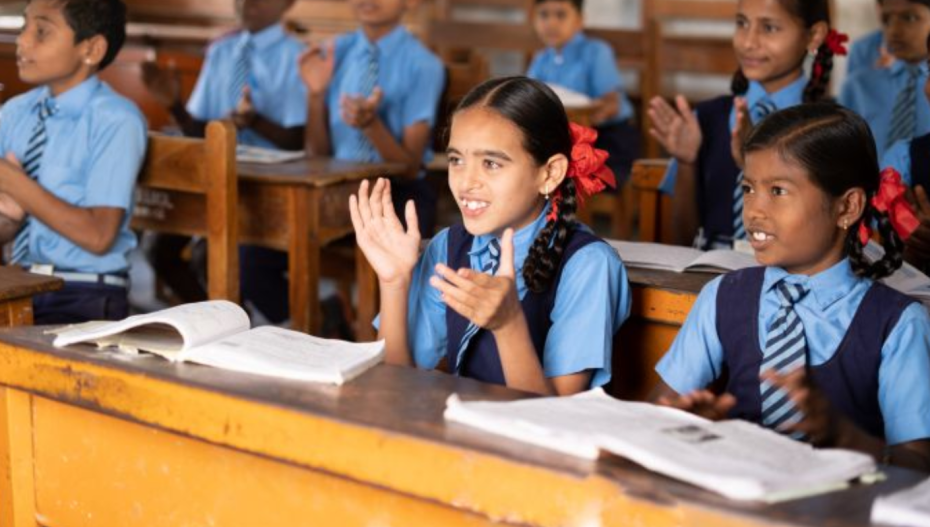The Government of India has abolished the no-detention policy in schools under its control, including Kendriya Vidyalayas and Jawahar Navodaya Vidyalayas, enabling the retention of pupils in grades 5 and 8 who fail to meet academic standards.
This decision will affect approximately 3,000 schools, encompassing Sainik Schools, which operate under the Ministry of Defence, and Eklavya Model Residential Schools, overseen by the Ministry of Tribal Affairs.
This move follows the 2019 amendment to the Right to Education Act 2009, which empowered the “appropriate government” to decide on retaining pupils in Years 5 and 8. Since then, 18 States and Union Territories (UTs) have discarded the no-detention policy.
In a recent notification, the Ministry of Education amended the Right of Children to Free and Compulsory Education Rules 2010 to include a provision for detaining students in standards 5 and 8.
The rules now stipulate that if a Year 5 or Year 8 child does not meet the promotion criteria in the regular end-of-year examination, they will be provided with “additional instruction and an opportunity for re-examination within a period of two months” following the declaration of results. If the pupil still fails to meet the promotion criteria after the re-examination, they may be retained in their current year.
In the event of a pupil being retained, “the class teacher shall guide the child, as well as the child’s parents if necessary, and provide specialised support after identifying learning gaps at various stages of assessment.”
The rules also mandate that “the head of the school shall maintain a register of retained pupils and personally monitor the provision of specialised support to such pupils and their progress in addressing the identified learning gaps.”
The examinations and re-examinations are “competency-based assessments to achieve the child’s holistic development” and “not based on rote learning and procedural skills.” The rules explicitly state that no child shall be expelled until the completion of primary education.
Section 16 of the Right to Education Act 2009 previously prohibited schools from retaining pupils up to Year 8. The no-detention policy was intended to ensure that all children received at least a minimum level of education, as there was a concern that pupils might drop out if they were retained.
In recent years, several States advocated for the abolition of the no-detention policy. In 2016, the Central Advisory Board of Education passed a resolution calling for the policy’s discontinuation on the grounds that pupils were no longer demonstrating a serious approach to their studies.
The Act was subsequently amended in 2019, allowing the “appropriate government to retain a child in the fifth class or in the eighth class or in both classes” if the child fails the re-examination. This left the decision on whether to scrap the no-detention policy to the discretion of the States.
Since the amendment, 18 States and UTs have abandoned the no-detention policy – Assam, Bihar, Gujarat, Himachal Pradesh, Jammu and Kashmir, Jharkhand, Madhya Pradesh, Meghalaya, Nagaland, Punjab, Rajasthan, Sikkim, Tamil Nadu, Tripura, Uttarakhand, West Bengal, Delhi, Dadra and Nagar Haveli and Daman and Diu.
According to the Ministry of Education, Haryana and Puducherry have yet to make a final decision.
The remaining States and UTs – Andhra Pradesh, Arunachal Pradesh, Goa, Chhattisgarh, Karnataka, Kerala, Maharashtra, Manipur, Mizoram, Odisha, Telangana, Uttar Pradesh, Ladakh, Lakshadweep, Chandigarh, and the Andaman and Nicobar Islands – continue to implement the no-detention policy.
When asked why the Centre delayed the abolition of the no-detention policy, a senior official has been quoted when talking to a section of media that the National Education Policy was released in 2020 and the Centre decided to await the publication of the National Curriculum Framework for School Education in 2023 in order to “adopt a holistic perspective” on the matter.
Also Read: Biryani Dominates Swiggy’s Year-End Report for 2024













